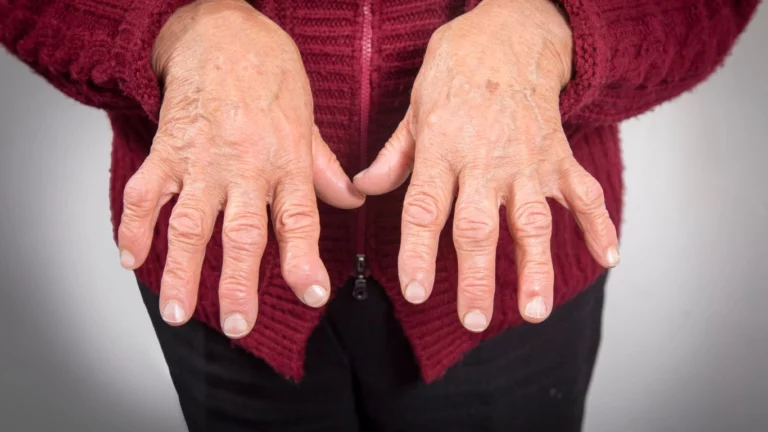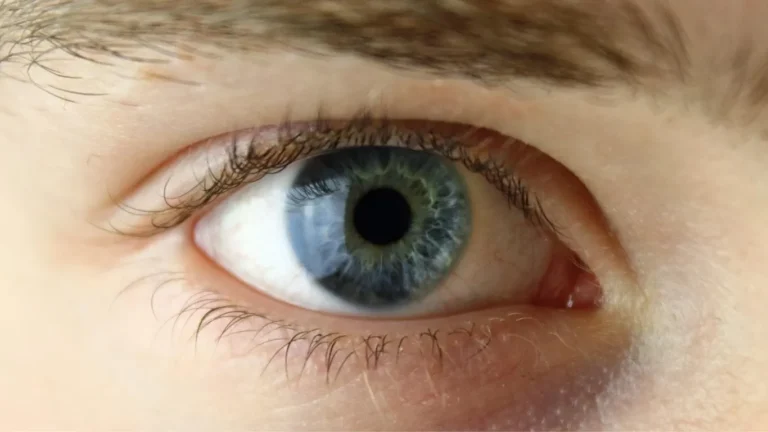Why High BP and Frequent Yawning Could Signal Hidden Health Issues
If you’ve ever caught yourself yawning more than usual and thought, “Hmm, am I just tired or is something up?”, you’re not alone. As an internal medicine physician with a special interest in hypertension management, I’ve had a surprising number of patients come in asking about high BP and frequent yawning. At first glance, the connection might seem a little out there—but trust me, it’s worth paying attention to. Yawning isn’t always just about boredom or lack of sleep; sometimes, it’s your body waving a little red flag.
Why Is Yawning Even a Thing?
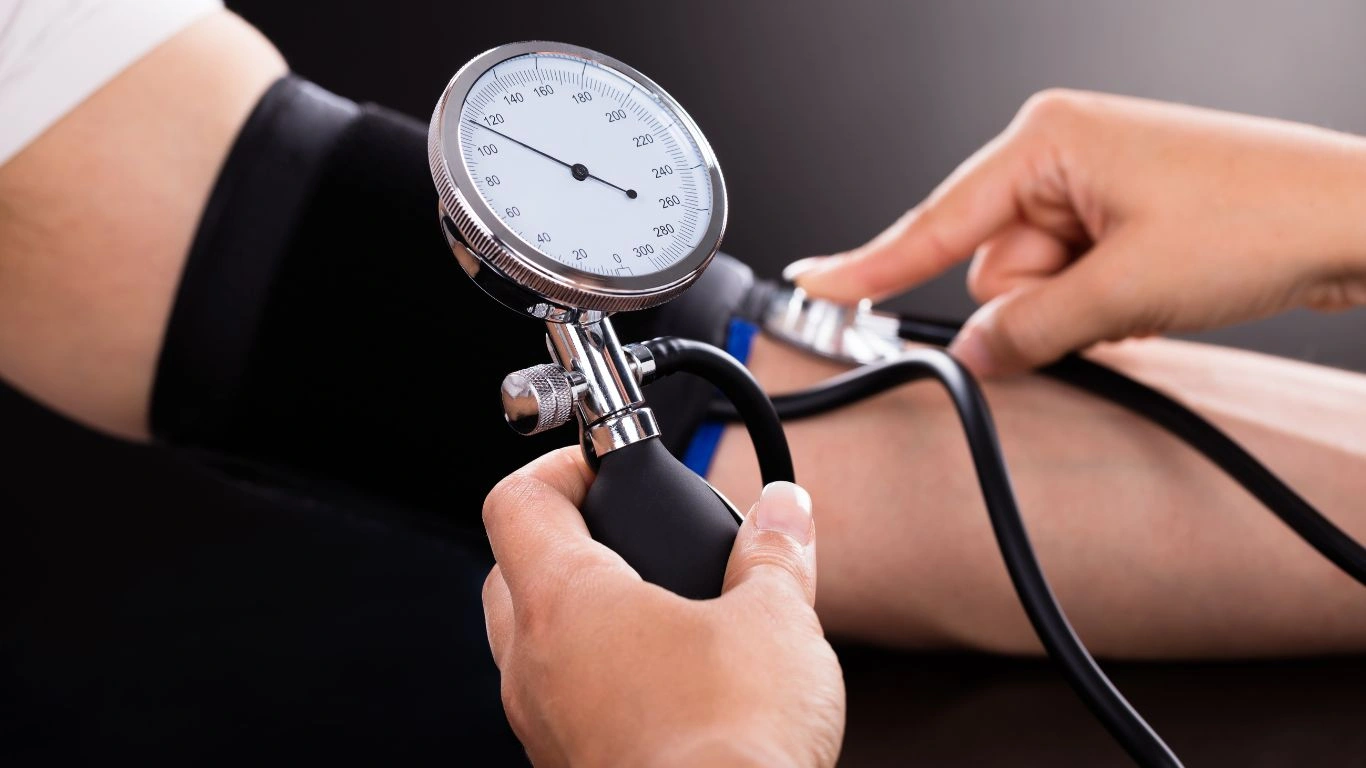
Let’s start with a quick refresher. Yawning is one of those reflexes we don’t really think about. It just happens. You might yawn when you’re sleepy, anxious, or even after someone else does (it’s contagious—go figure). But beneath that casual stretch-and-sigh might be something more going on.
From a medical standpoint, yawning can be triggered by low oxygen levels, a drop in brain temperature, or shifts in neurotransmitter activity. When your body senses something off—say, your blood pressure is higher than usual—it can try to compensate in weird and wonderful ways. One of those ways? Yep, yawning.
Connecting the Dots: High BP and Frequent Yawning
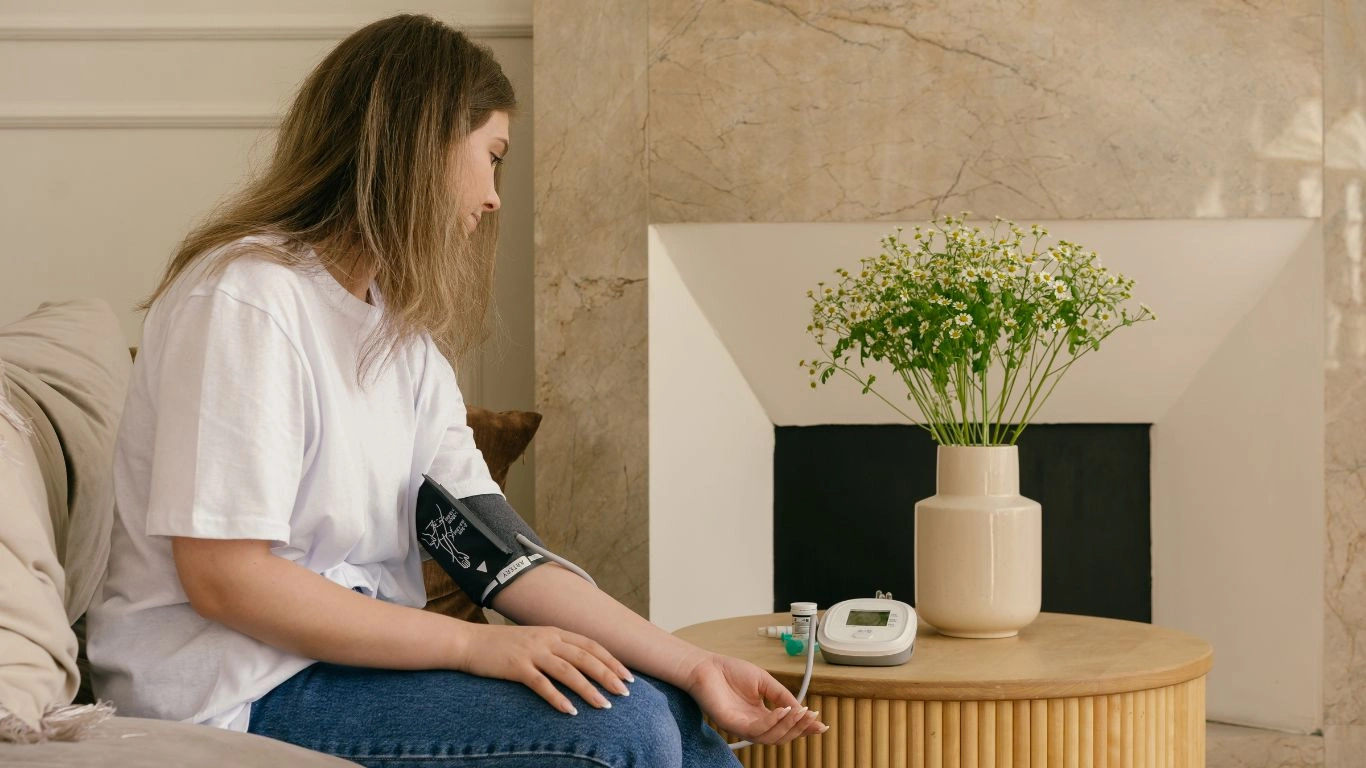
Is it just a coincidence?
Now here’s where things get interesting. In clinic, I’ve had patients come in describing how they’ve been yawning excessively—especially during the day—even though they’re getting decent sleep. When we dig deeper, guess what we sometimes find? Elevated blood pressure readings.
This isn’t about scare tactics. It’s about body signals. Frequent yawning might not scream “hypertension,” but when paired with other signs—like morning headaches, dizziness, or that persistent buzzing in your ears—it starts painting a clearer picture.
What’s the physiology behind it?
Here’s a simplified breakdown, minus the jargon overload:
- High blood pressure affects blood flow regulation in the brain.
- This can cause slight disruptions in oxygen supply or thermal regulation in brain tissue.
- In response, your body triggers yawns to help cool the brain or restore oxygen balance.
It’s not the most obvious symptom of high BP, but it’s something that’s come up enough in practice for me to flag it here.
Other Sneaky Symptoms of High Blood Pressure

One of the most frustrating parts of hypertension is how sneaky it is. It’s often called the “silent killer” because most folks don’t feel a thing—until something serious happens. That said, your body does try to whisper clues before it starts shouting.
Subtle symptoms you might be brushing off:
- Morning headaches: Especially if they’re dull and located at the back of your head.
- Shortness of breath: Not just after climbing stairs—but at rest or doing light activity.
- Chest tightness: Even mild discomfort that comes and goes.
- Fatigue and brain fog: Feeling zonked out without an obvious cause.
- Yep—frequent yawning: Especially if it’s persistent and unrelated to sleep patterns.
In my own clinical experience, it’s the combo of these low-key signals that raises red flags. I once had a patient in his early 40s—fit, no obvious risk factors—who came in just to chat about why he was yawning nonstop during the workday. Long story short: his blood pressure was 160/98. No symptoms otherwise. We caught it early, and it made all the difference.
Who’s Most at Risk (and Why It Matters)
High blood pressure doesn’t discriminate—but certain groups are definitely more vulnerable. And if you’re in one of these buckets and also noticing odd symptoms like yawning out of nowhere, it’s time to listen in.
People at higher risk include:
- Folks with a family history of hypertension
- Smokers or those with a sedentary lifestyle
- People under chronic stress (hi, yes, you overachievers)
- Those with sleep apnea (which, by the way, can also cause yawning!)
So yeah, sometimes it’s not just “I’m tired”—sometimes it’s your body’s version of subtle alarm bells. I always tell my patients: if something feels off, it probably is. And if you find yourself yawning for the tenth time before lunch, maybe don’t just reach for another coffee—get that BP checked too.
When Yawning Meets Monitoring: What to Watch For
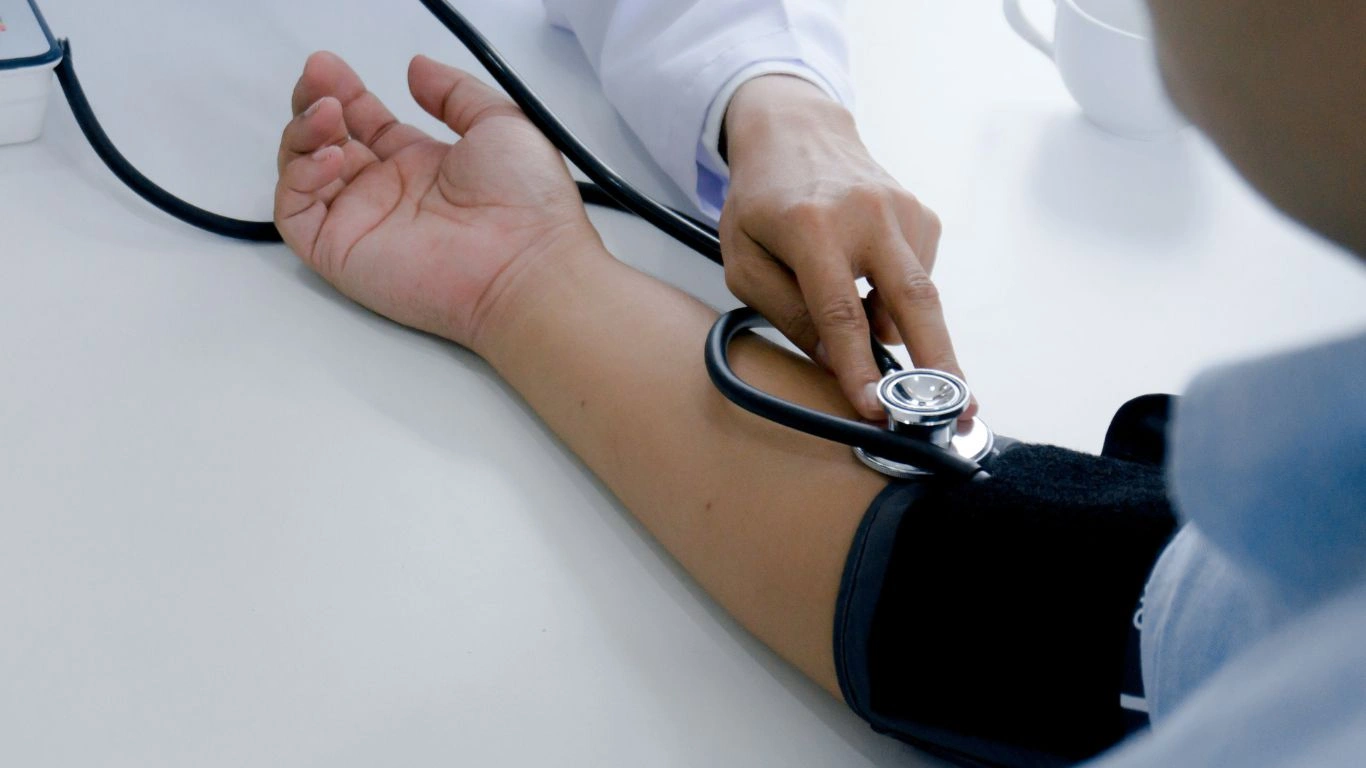
Alright, so maybe you’ve noticed you’re yawning more than usual—and maybe you’ve also clocked a few higher-than-normal BP readings at home. What now? Here’s the deal: don’t panic. But also, don’t ignore it. As someone who’s managed hundreds of hypertension cases, I can tell you that self-awareness is half the battle. Frequent yawning isn’t diagnostic on its own, but in context, it could be a sign your body’s working harder than it should be.
For those tracking blood pressure at home (which, by the way, I 100% recommend if you’re over 35), here’s what to keep an eye on:
- BP readings consistently over 130/80 mmHg – especially if they’re highest in the morning or late evening
- Daytime fatigue with no clear explanation
- Recurring yawning fits during mental focus or physical inactivity
I’ve had patients come in with journals full of BP readings and notes like, “Yawning at 2 p.m. after lunch every day.” That level of detail makes it a lot easier to connect the dots. And often, we do.
So… Can High BP Really Make You Yawn?

Let’s go a little deeper here. While research directly linking high BP and frequent yawning is still evolving, we do have some plausible explanations based on physiology—and plenty of anecdotal backing from both patients and providers.
What might be happening behind the scenes:
- Blood pressure spikes can affect blood vessels in the brain, potentially leading to mild ischemia (aka low oxygen delivery).
- The hypothalamus, which regulates temperature and sleep cycles, can be disrupted by hypertension—triggering thermoregulatory yawns.
- Sympathetic nervous system overdrive (common in people with high BP) can throw off normal neurotransmitter balance, impacting alertness and causing compensatory yawning.
None of this is guaranteed. You could also just be bored in that Zoom meeting. But when yawning becomes a pattern—and when your blood pressure trends higher—this connection deserves some attention.
When to Bring It Up With Your Doctor

Listen, no one wants to be the person walking into a clinic saying, “Hey doc, I’m yawning a lot.” But trust me, as a doc who’s been on the receiving end of that sentence more than once—it’s absolutely worth bringing up.
Here’s when I suggest making that call:
- Your yawning feels excessive—more than just post-lunch sleepiness
- You’ve noticed an increase in blood pressure readings (even if just slightly)
- You’re experiencing any additional symptoms like lightheadedness, blurry vision, or chest discomfort
- You have a personal or family history of cardiovascular issues
Sometimes, a quick physical exam and basic blood work can reveal what’s going on. And if it is related to hypertension, early intervention really matters. Lifestyle tweaks, meds, and even stress management can reverse a lot of the damage before it starts.
Practical Ways to Lower BP (and Maybe the Yawns Too)
So now you’re wondering: what can I actually do about all this? Well, here’s the good news—you don’t need to flip your entire life upside down to make progress. The best approach is one that’s sustainable and makes sense for your day-to-day.
Here’s what I often recommend to my patients:
- Start tracking: Keep a log of your BP readings, yawning episodes, sleep quality, and stress levels.
- Cut back on sodium: It’s sneaky—found in sauces, deli meats, even “healthy” soups.
- Hydrate and move: Mild dehydration and inactivity can increase fatigue and BP. A brisk 20-minute walk can go a long way.
- Practice deep breathing: Sounds basic, but slow diaphragmatic breathing helps lower BP and reduce yawning from anxiety or hyperarousal.
- Get your sleep checked: If you snore or wake up tired, sleep apnea might be in the mix. It’s strongly linked to both excessive yawning and high blood pressure.
One of my long-time patients swore she’d “never be a yoga person,” but after starting a simple breathing routine in the mornings, her yawning spells dropped off—and her BP came down by 10 points. Sometimes, it’s the small stuff that adds up.
Bottom line? Your body is constantly sending signals. It may not always shout—but it definitely whispers. And if your yawns are getting more noticeable while your blood pressure creeps up, it might be time to tune in a little closer. Because ignoring the whispers today could mean dealing with a shout tomorrow.
Small Lifestyle Tweaks That Make a Big Impact

Let’s keep it real—managing high blood pressure doesn’t mean you need to transform into a kale smoothie-chugging marathon runner overnight. Honestly, the best progress I’ve seen in my patients comes from small, meaningful changes stacked over time. And funny enough, addressing high BP and frequent yawning often happens in parallel without even trying.
For example, one of my patients started meal-prepping on Sundays just to cut down on fast food. After a few weeks, not only did his systolic BP drop by 15 points, but he also mentioned, “Hey doc, I’m not yawning all afternoon anymore.” Coincidence? Probably not.
Here are some realistic, doable habits I always encourage:
- Swap salt-heavy snacks: Try roasted chickpeas, lightly salted popcorn, or fresh fruit instead of chips or processed munchies.
- Build in micro-movement: Standing desk breaks, 10-minute morning walks, or a quick stretch routine can get your blood pumping and reduce brain fog.
- Unplug at night: Scrolling TikTok in bed might be fun, but screen time before sleep can mess with your circadian rhythm—leading to poor rest and, you guessed it, more yawning.
- Practice mindfulness: Even five minutes a day of quiet breathing can help balance the nervous system, which plays a big role in BP regulation.
I tell my patients: It’s not about doing everything perfectly. It’s about doing a few things consistently.
What About Medications and Yawning?

Okay, let’s talk meds—because if we’re looking at this topic through a complete lens, we have to include them. A lot of folks are surprised to learn that certain blood pressure medications can actually increase fatigue or cause excessive yawning, especially early on when your body is adjusting.
Common culprits include:
- Beta-blockers: These slow the heart rate and can sometimes make you feel sluggish or sleepy, especially in the beginning.
- Central alpha agonists (like clonidine): These directly affect the brain’s BP regulation and may cause drowsiness or sedation.
- Diuretics: While they help reduce fluid retention, they can sometimes lead to electrolyte imbalances, causing fatigue and low energy.
That said, don’t jump to conclusions. If you started a new BP med and now feel like a yawning machine, talk to your doc before stopping anything. Sometimes all it takes is an adjustment in timing or dosage—or switching to a different class altogether.
In my own practice, I always emphasize shared decision-making. If a patient tells me, “Doc, I feel like I need a nap every afternoon since starting this pill,” we work together to find a better solution. Medicine should improve your quality of life—not zap it.
When Yawning Signals Something Bigger
Let’s zoom out for a second. Not every yawn is tied to blood pressure—but when yawning becomes chronic and disrupts your day, it’s worth looking deeper. Sometimes, excessive yawning can be a sign of:
- Sleep apnea: As mentioned earlier, this condition is a huge contributor to both high BP and daytime drowsiness. If you snore or wake up tired, ask about a sleep study.
- Neurological issues: Rare, but conditions like multiple sclerosis or brainstem disorders can present with unusual yawning patterns.
- Heart issues: Especially in older adults, unusual fatigue or yawning could be linked to cardiac output problems or poor circulation.
If you’re ever unsure, trust your gut—and your body. You know it better than anyone else. As I often tell patients: if something feels “off,” it probably is. Early evaluation can prevent bigger issues down the line.
Putting It All Together
By now, we’ve taken a deep dive into the curious link between high BP and frequent yawning. What started as a quirky symptom might actually be your body’s way of asking for help. Whether it’s brain fatigue from hypertension, medication side effects, or a deeper issue like sleep apnea—your yawns may be more than just a shrug-it-off annoyance.
To wrap up, here’s my physician-approved, life-tested takeaway:
- Track your patterns – Yawning + rising BP = red flag worth watching.
- Talk to your provider – Don’t ignore persistent symptoms. We actually want to hear about them.
- Make slow, steady changes – Nutrition, movement, stress, and sleep go a long way in supporting healthy blood pressure.
- Stay curious – The more in tune you are with your body, the better your outcomes will be.
It’s amazing what your body will tell you—if you’re willing to listen.
References
Disclaimer
This article is intended for informational purposes only and is not a substitute for professional medical advice, diagnosis, or treatment. Always consult your physician or qualified health provider with any questions you may have regarding a medical condition.

Dr. Gwenna Aazee is a board-certified Internal Medicine Physician with a special focus on hypertension management, chronic disease prevention, and patient education. With years of experience in both clinical practice and medical writing, she’s passionate about turning evidence-based medicine into accessible, actionable advice. Through her work at Healthusias.com, Dr. Aazee empowers readers to take charge of their health with confidence and clarity. Off the clock, she enjoys deep dives into nutrition research, long walks with her rescue pup, and simplifying medical jargon one article at a time.






